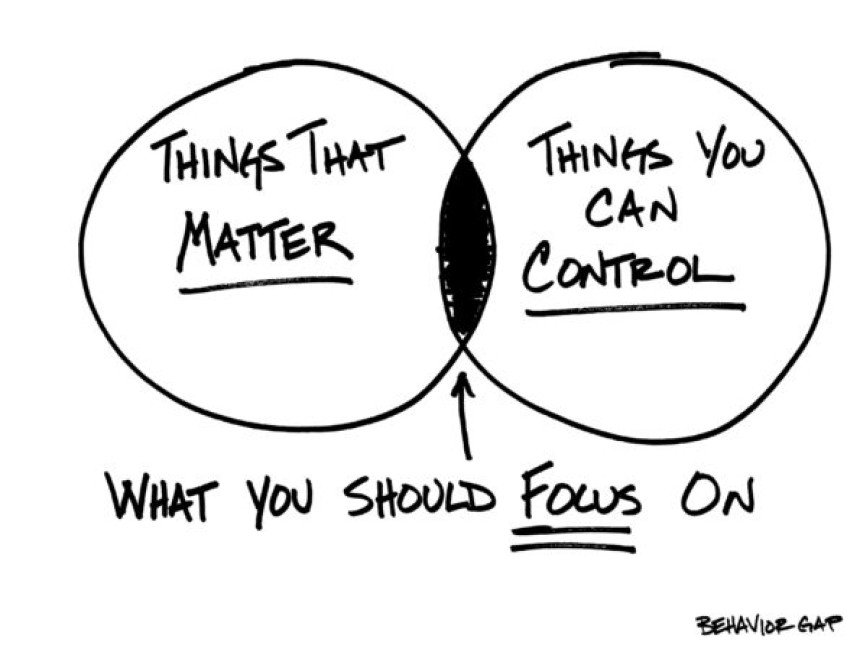
future of blockchain technology
1. The Rise of Web3: A Truly Decentralized Internet
Web3 is the next evolution of the internet, where control is shifting from big tech companies to individual users. With blockchain at its core, Web3 enables: ✅ Decentralized applications (DApps) that run without a central authority. ✅ User-owned data, meaning no more big corporations selling your private information. ✅ Smart contracts that execute transactions without intermediaries. Platforms like Ethereum, Polkadot, and Solana are leading the Web3 movement, making the internet more transparent and user-driven.
2. Decentralized Finance (DeFi) Will Replace Traditional Banking
Imagine a world where you can: ? Earn interest on your savings without a bank. ? Invest in stocks, crypto, and real estate directly from your phone. ? Take a loan without dealing with a credit check. This is exactly what DeFi (Decentralized Finance) is doing. Platforms like Aave, Uniswap, and Curve Finance allow people to trade, lend, and borrow without a middleman. In the future, we can expect DeFi to become more secure, regulated, and user-friendly, making financial freedom accessible to everyone.
3. NFTs & The Creator Economy Will Explode
NFTs (Non-Fungible Tokens) started with digital art, but their potential goes far beyond that. In the future, NFTs will power: ? Event tickets & memberships (goodbye scalpers!) ? In-game assets that players truly own. ? Digital identity verification to protect users online. Creators, artists, and influencers will benefit the most as NFTs offer new revenue streams without relying on social media platforms.
4. Governments & Enterprises Will Embrace Blockchain
Many governments and businesses are already experimenting with blockchain to improve efficiency and security. Some future applications include: ? Digital IDs & voting systems to prevent fraud. ? Healthcare records on blockchain for secure and easy access. ? Supply chain tracking to verify product authenticity. With major companies like Microsoft, Amazon, and Google investing in blockchain, mainstream adoption is just around the corner.
5. The Future of Crypto: Beyond Bitcoin
Bitcoin may have started it all, but the future of cryptocurrencies lies in real-world use cases. ? Central Bank Digital Currencies (CBDCs) will replace cash in many countries. ? Ethereum 2.0 and Layer 2 solutions will make transactions faster and cheaper. ? Privacy coins will gain traction as people demand more control over their data. Crypto is no longer just a speculative asset—it’s becoming an essential part of the financial system.
Final Thoughts: Are You Ready for the Future?
Blockchain and decentralization are not just buzzwords; they are the foundation of a more open, fair, and transparent digital world. Whether you're an investor, developer, or just a curious user, now is the time to explore and embrace these revolutionary changes.
? What’s your take on the future of blockchain? Let me know in the comments!





